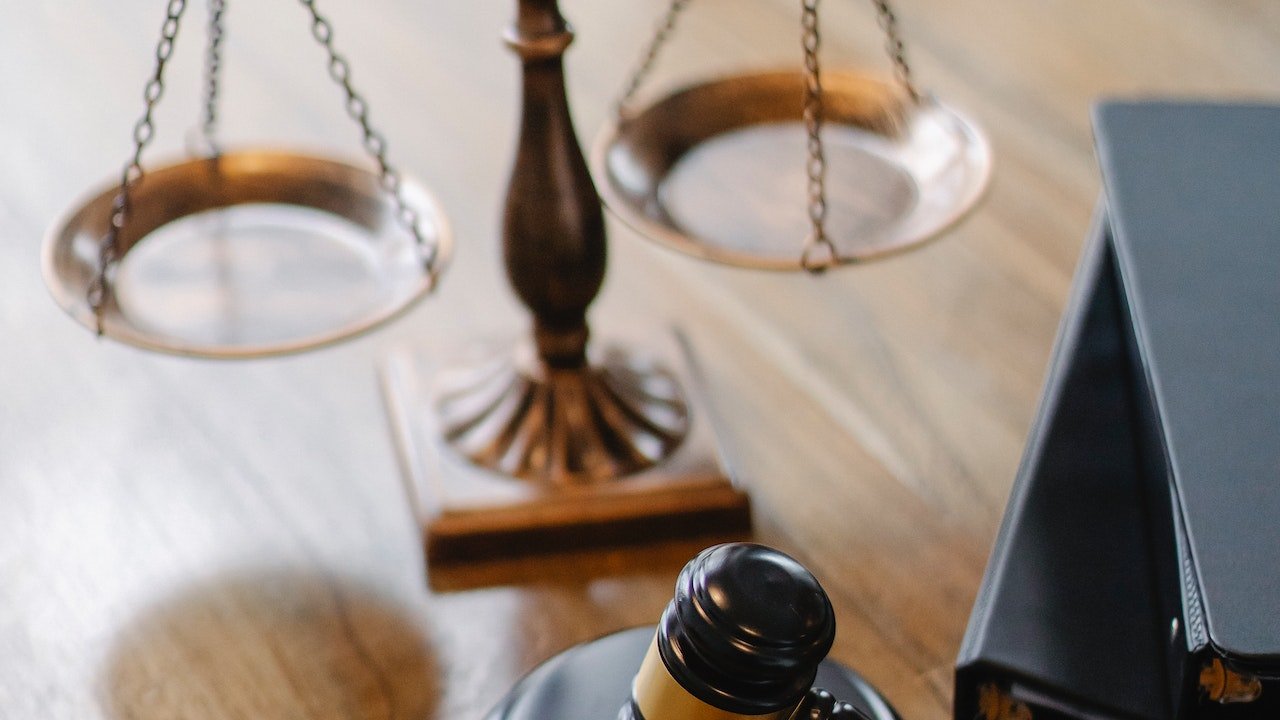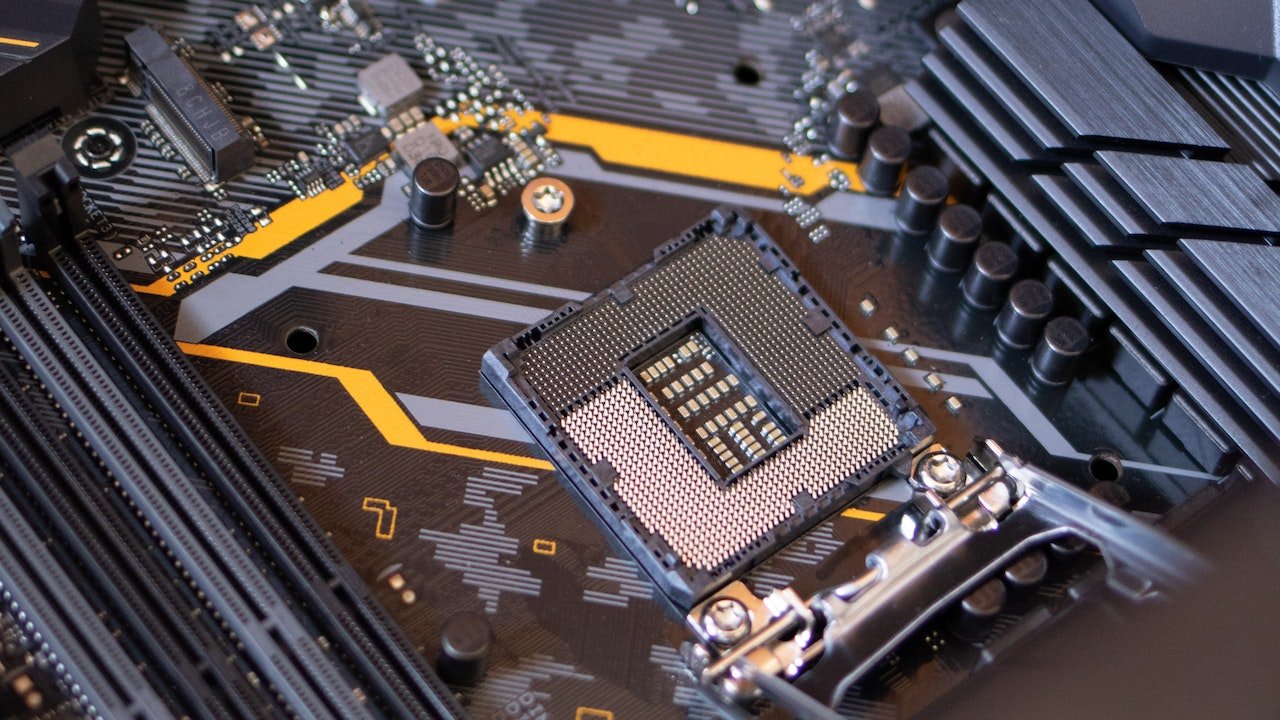Intellectual Property Rights: Protecting Your Business Assets

In the fast-paced world of business, intellectual property rights are often the unsung heroes. These rights encompass a range of legal protections that guard your innovative ideas, creations, and brand identity. Whether you’re a tech startup with groundbreaking inventions or a small business with a unique logo, safeguarding your intellectual property is essential to maintaining your competitive edge and ensuring your long-term success. In this article, we’ll explore the various facets of intellectual property rights, understand their significance, and learn how to protect your business assets effectively.
Contents
- 0.1 Types of Intellectual Property Rights
- 0.2 The Importance of Protecting Your Intellectual Property
- 0.3 How to Secure Your Intellectual Property
- 0.4 Intellectual Property Infringement
- 0.5 Case Studies
- 0.6 International Intellectual Property Protection
- 0.7 Intellectual Property Rights and E-Commerce
- 0.8 Intellectual Property Rights in the Age of Social Media
- 0.9 Conclusion
- 1 FAQs
Types of Intellectual Property Rights
Trademarks
Trademarks protect brand names, logos, and slogans. Registering a trademark grants you exclusive rights to use those elements in connection with your products or services. This ensures that consumers can easily identify and trust your brand.
Patents
Patents safeguard inventions and innovations. They provide exclusive rights to make, use, and sell your invention for a specific period, usually 20 years. This protection encourages innovation by allowing inventors to profit from their creations.
Copyrights
Copyrights shield original artistic and literary works, such as books, music, and software. They prevent others from reproducing, distributing, or adapting your work without your permission.
Trade Secrets
Trade secrets are confidential information that gives your business a competitive advantage. This can include customer lists, manufacturing processes, and marketing strategies. Protecting trade secrets involves maintaining strict confidentiality.
The Importance of Protecting Your Intellectual Property
Safeguarding Innovations and Creations
Protecting your intellectual property ensures that others do not exploit your hard work and creativity. It encourages you to continue inventing, writing, and creating without fear of theft.
Maintaining a Competitive Edge
By securing your IP, you maintain a unique selling point that sets you apart from competitors. It allows you to charge a premium for your products or services and attract loyal customers.
Attracting Investors and Partners
Investors and potential business partners are more likely to get involved with your venture if they see that your intellectual property is protected. It provides a sense of security and trust.
How to Secure Your Intellectual Property
Protecting your intellectual property can be a complex process, but it’s essential for your business’s long-term success. Here are some steps you can take:
Registering Trademarks and Patents
Consult with legal experts to register your trademarks and patents. This ensures the law recognizes your exclusive rights.
Copyright Protection
Add copyright notices to your creative works and consider registering them with the relevant authorities.
Implementing Trade Secret Measures
Establish strict internal procedures to protect your trade secrets. This may include employee training, secure storage, and non-disclosure agreements.
Non-Disclosure Agreements
When sharing sensitive information with third parties, have them sign non-disclosure agreements to prevent them from sharing or using your IP without consent.
Read More: The Importance of Intellectual Property Rights for Artists
Intellectual Property Infringement
Intellectual property infringement can have serious consequences, both legally and financially. It’s crucial to understand the implications of infringing on others’ IP and how to protect your assets from infringement.
Consequences of Infringement
Infringing on someone else’s intellectual property can result in legal action, including costly lawsuits and damages. It can also damage your business’s reputation.
How to Detect and Prevent Infringement
Regularly monitor the use of your IP, and take action if you discover unauthorized use. Engaging in legal battles should be a last resort; often, issues can be resolved through negotiation and cease-and-desist letters.
Case Studies
Let’s examine some real-world examples of businesses that successfully protected their intellectual property and others that suffered due to IP infringement.
International Intellectual Property Protection

In today’s globalized world, it’s essential to consider international protection for your intellectual property. Many international treaties and agreements provide a framework for safeguarding IP rights globally.
The Role of International Treaties and Agreements
Understanding these international agreements and how they impact your business is crucial to effective global IP protection.
Strategies for Global IP Protection
Work with legal experts to navigate the complexities of international IP protection. This may involve filing for protection in multiple countries or regions.
Intellectual Property Rights and E-Commerce
In the digital age, businesses have countless opportunities and challenges regarding intellectual property in the e-commerce sector.
Challenges and Opportunities in the Digital Era
E-commerce presents opportunities for global reach, but it also comes with the risk of IP theft. Businesses need to find a balance between innovation and protection.
Protecting Online Content and Brand Identity
Secure your online content, including website elements and digital assets, to prevent unauthorized use or replication.
Intellectual Property Rights in the Age of Social Media
Social media platforms are powerful tools for brand promotion, but they also pose specific challenges when it comes to intellectual property rights.
Copyright and Trademark Issues on Social Platforms
Understand how social media platforms handle copyright and trademark violations and what steps you can take to protect your brand.
Handling IP Disputes on Social Media
Address any IP disputes on social media promptly and professionally. Engage with the individuals involved to find amicable solutions.
Read More: The Role of Intellectual Property Law in Today’s Business World
Conclusion
In conclusion, protecting your intellectual property rights is crucial for preserving your business assets. Whether you’re a startup, a small business, or a global corporation, understanding and securing your IP is an essential aspect of long-term success. By taking proactive measures to safeguard your creations, inventions, and brand identity, you can ensure your business thrives in the competitive marketplace.
FAQs
What is intellectual property?
Intellectual property refers to legal rights that protect intangible assets such as inventions, artistic works, brand identity, and trade secrets.
How can I protect my brand’s identity?
You can protect your brand identity by registering trademarks, copyrights, and patents and implementing trade secret measures.
What are the common consequences of IP infringement?
IP infringement can result in legal action, financial penalties, and damage to a business’s reputation.
Are there international protections for intellectual property?
Yes, there are international treaties and agreements that provide a framework for protecting intellectual property rights globally.
How can businesses protect their IP on social media?
Businesses can protect their IP on social media by monitoring for infringements, addressing disputes promptly, and engaging with social media platforms to enforce their rights.




